Modern appliances just don’t last like they used to: ‘It’s about the bottom dollar’
LEAVENWORTH, Kan. (KCTV) - Is newer always better? From refrigerators with touch screens to washing machines that sync to your phone, appliances can do more than ever—but those benefits may not pan out in the long run.
Lonnie Tupa is the proud new owner of a Speed Queen washer and dryer set. She recently said goodbye to her Maytag washer and dryer of 37 years.
“I probably could have eeked out even longer,” laughed Tupa. “It was a very busy washer and dryer, too. I had 5 children, so it was going constantly for years and years and years. Really morning, noon and night.”
Once she knew it was time to move on, Tupa started doing her homework and quickly discovered that going from old to new is a complicated issue.
“The newer machines, I read a lot of them were breaking down very quickly and [are] very unreliable,” said Tupa.
As KCTV5 learned, she’s not wrong.
Ferg Massing owns Dolsberry Appliances in downtown Leavenworth. He’s been in the appliance business for over 50 years and takes great pride in selling his customers quality products.
In the last decade, however, he’s noticed a change in the industry and says quality is harder to come by.
“It was very rare that you came across a product that acted up in the early stages of its life,” he said. “We didn’t throw them away in three to five years, which is what’s happening today and it’s happening in record numbers.”
Massing pointed out a special section of appliances positioned right at the front of his store.
“I refer to this as my appliance graveyard museum,” he said, motioning to several rows of what appear to be perfectly functional, modern machines. “These are washers that have all been thrown away in less than three and a half years. We have one model that literally was only one and a half years old.”
ALSO READ: Kansas City’s sideshow problem: What happens when you call police for help?
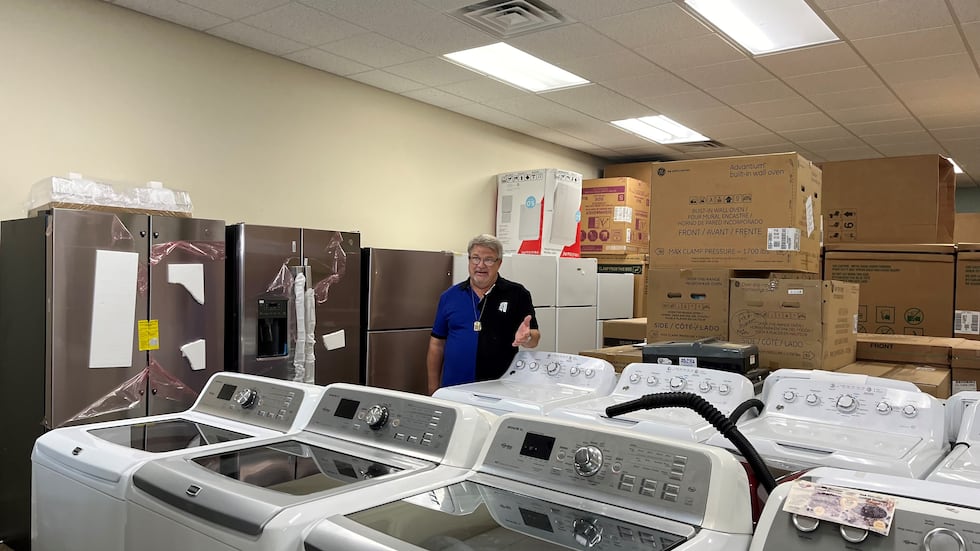
It’s a problem called “planned obsolescence,” or the business practice of designing products to break quickly or become outdated in a short amount of time.
A well-known example of it is Apple’s “Batterygate.”
According to Forbes, the tech company was accused of slowing down older iPhone models to convince customers they needed to buy new ones. The $500 million class-action lawsuit, filed in 2017, was quietly settled in 2020.
But the issue isn’t specific to technology. Massing says it’s crept into the appliance industry within just the last 10 years.
“If I go back 12 to 15 years ago, I could have never put together a collection of these thrown-away appliances,” he said.
In 2022, appliance repair company Puls Technologies surveyed 80 of its technicians, asking what it takes to repair modern appliances and what consumers can do to prevent breaks. Their findings pointed to appliances living significantly shorter lifespans than what customers like Tupa are used to:
- 70 percent of repairs were on appliances five years or younger
- Nearly one in five appliances break down in the first four years
- 79 percent of technicians said washers and dryers need repairing more often than any other appliance
Although Puls concluded that repairs are often more affordable than full replacements, Massing argued that the cost of servicing appliances is rising, too.
“Service call fees have gone up, parts have gone up—this is an urgent need. Sometimes the servicers are not available for a week or two,” he said.
When families are faced with days or weeks of trying to cook meals without functional stoves or trying to keep their kids in clean clothes without washing machines, Massing said full replacements can seem like a better choice—“Life is too busy, they’ve got to make a decision.”
He also explained that technology plays a role in watering down the quality of new appliances.
“The electronics that are put into the machines appear to be just a lower level of quality. It’s almost like they got together, and they said ‘Well, what the heck, you know?’ and started making lower quality appliances,” he said.
ALSO READ: Testing shows guardrails can’t stand up to electric vehicles
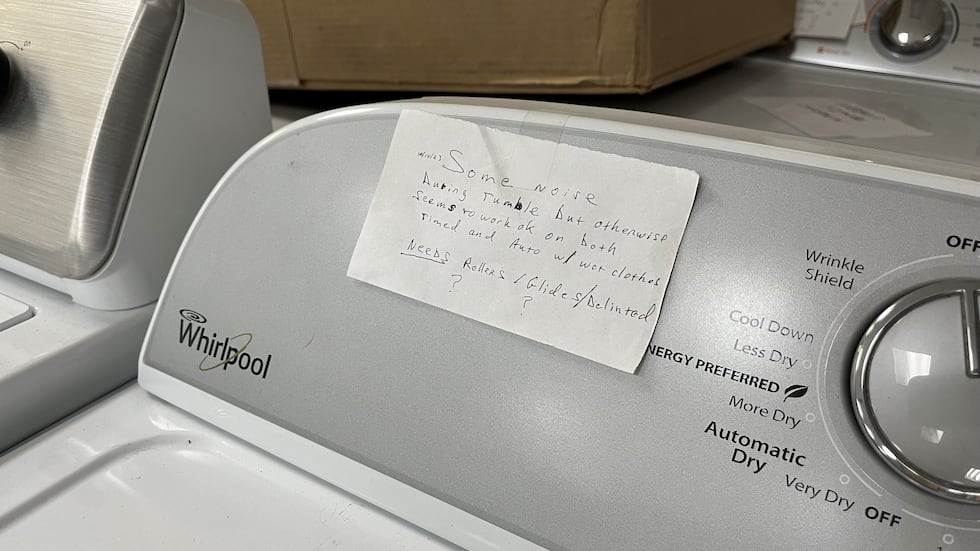
Massing has even tried to send the message directly to manufacturers.
“I have tried to preach to these manufacturers that the quality of their products is not up to expectations. They don’t accept that, they don’t want to talk about it. They don’t want to listen,” he said. “I think we have to accept what we’ve got but, I would love to tell a different story when my customers come into the store.”
He does not think the situation will improve anytime soon.
“I do not see that as a desire from the manufacturer side to have an incentive to do that,” said Massing. “It’s about the bottom dollar.”
ALSO READ: Unfinished Business: The scrutiny surrounding a Kansas City area contractor
If you’re planning to buy new appliances, Massing recommends doing your homework, focusing on simplicity and buying American brands.
“You will have more resources for everything from repair workers to availability of parts,” he explained.
He also emphasized that if there’s nothing wrong with your current appliances, you’re better off holding onto them for as long as possible, rather than springing for the flashy new technologies.
“It catches our attention when a manufacturer builds something that’s got these cool little things on it, and that’s the intent to draw that consumer to the product in some way,” he said. “I think we’re spending a lot of money on bells and whistles that are not necessary.”
As for Lonnie, she said so far, she thinks she made a good choice on her new washer and dryer.
“I’ve already washed 4 loads and they’re working great!”
She’s banking on the company’s motto: “Built to last longer.”
“Ready for another 37 years? I’ll be 110 when that happens,” laughed Tupa.
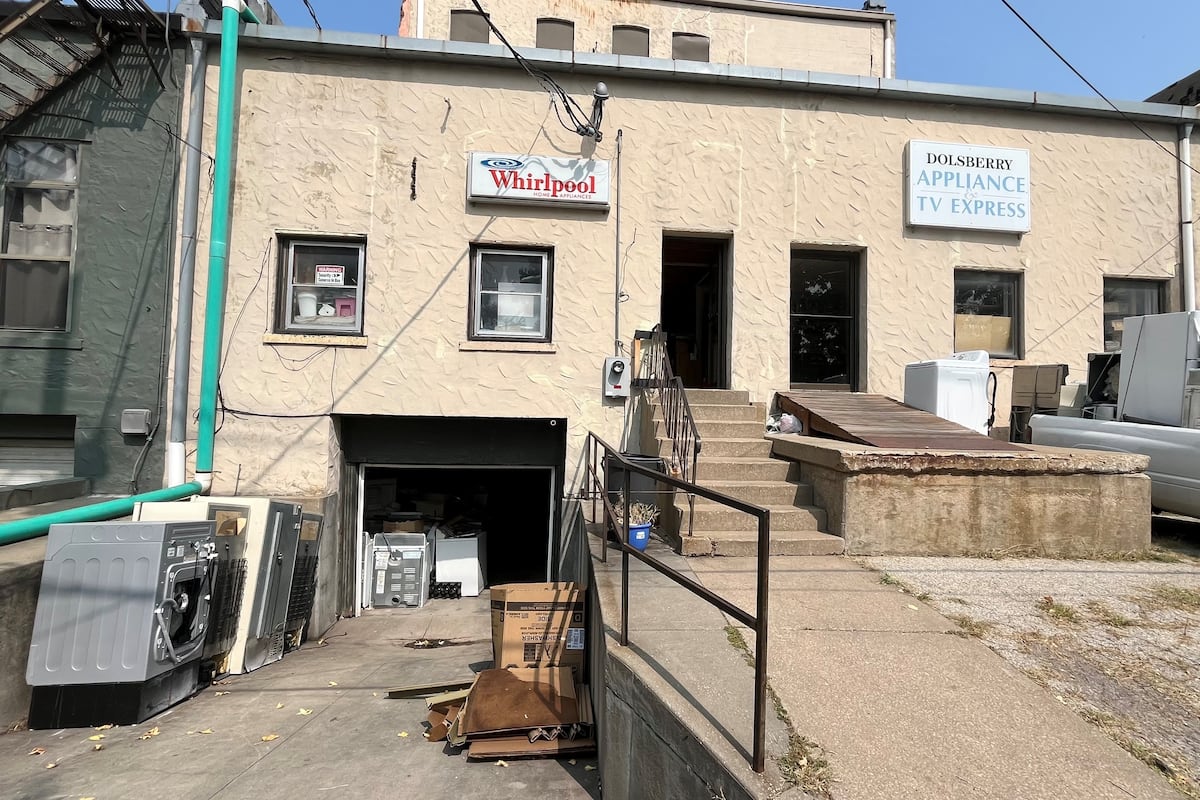
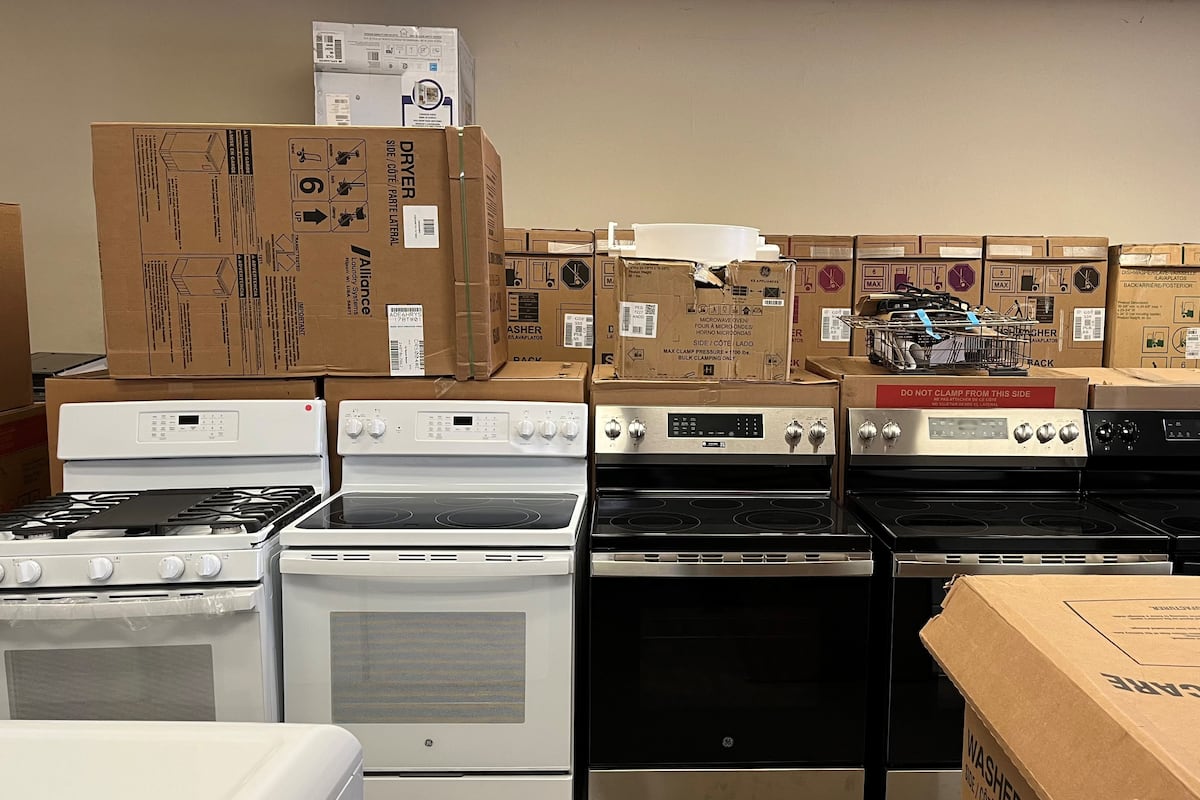
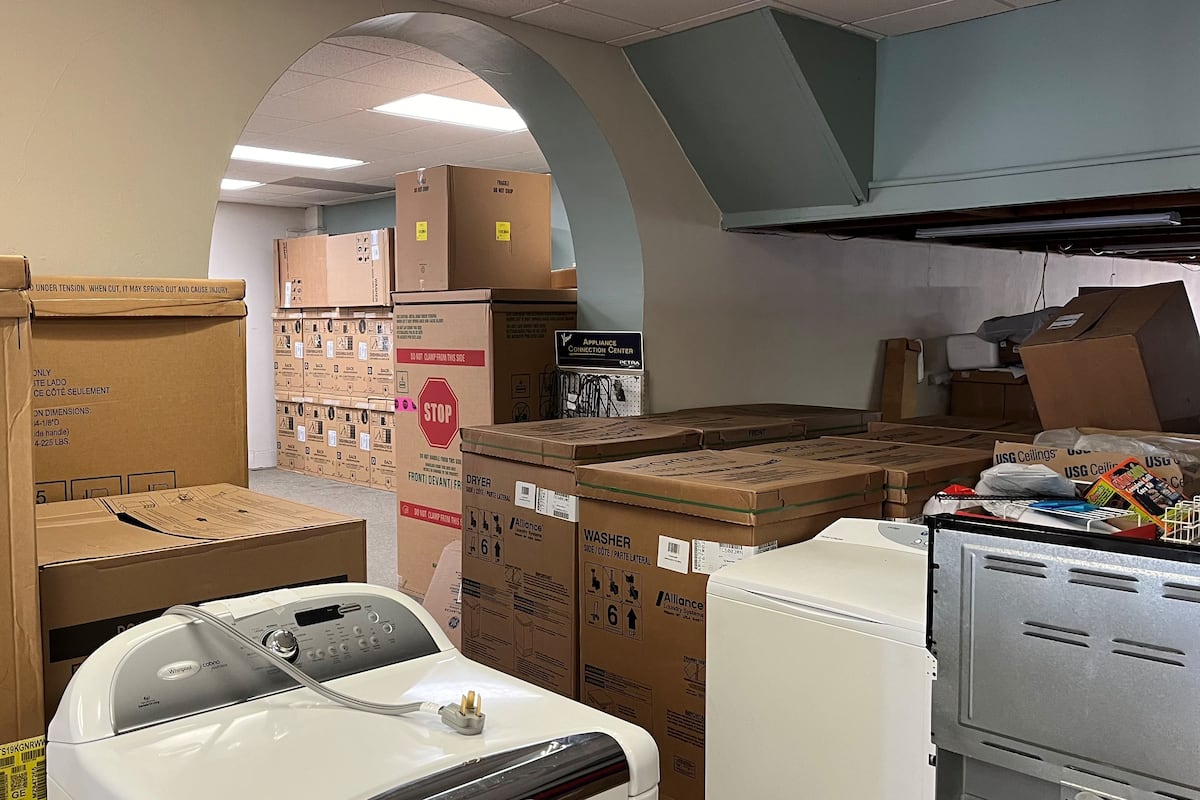
For more KCTV5 Special Reports, click here.
Copyright 2024 KCTV. All rights reserved.








